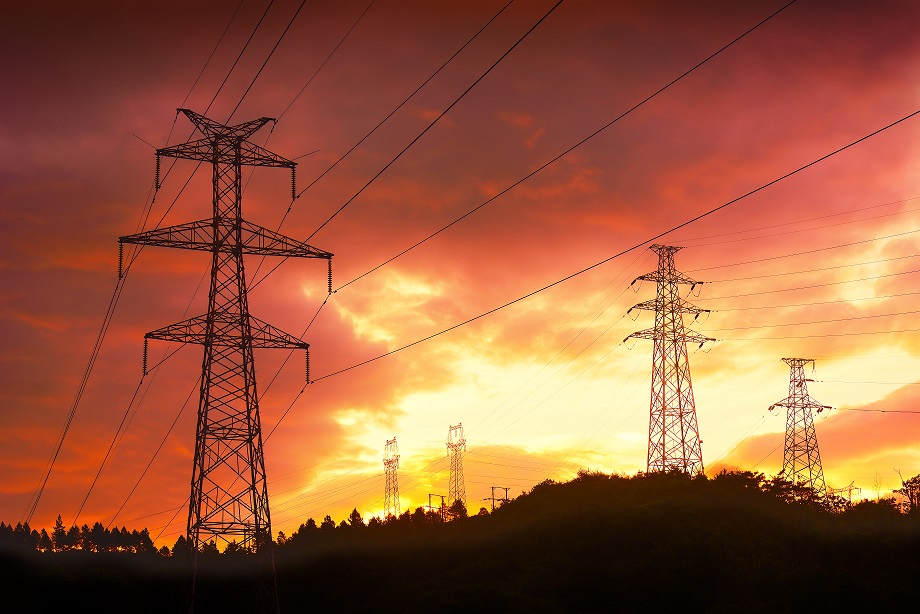The UK Energy Transition | Hydrogen allocation round 2 - clarification questions published
Published on 29th January 2024
Welcome to our top picks of the latest energy regulatory and market developments in the UK's transition to net zero.

This week we look at the hydrogen allocation round 2, the success of the Demand Flexibility Service and more.
Hydrogen allocation round 2 - clarification questions published
The government has published responses to 12 clarification questions posed by prospective applicants to hydrogen allocation round 2, which aims to support production of up to 875MW of low-carbon hydrogen by 2025.
In the responses, the government explains that its 875MW production target is based on capacity, not the amount of hydrogen produced. In addition, the minimum production capacity of 5MW has been clarified as referring to the minimum nominal hydrogen production capacity of the applicant project, before load factor or plant availability are taken into account. For a project to be successful, it will require a load factor which allows it to achieve a competitive strike price.
The government also clarified that projects which are receiving a high proportion of their capital expenditure from overseas should not be discriminated against. The consideration of a project's economic benefit will be based on the estimated number of jobs to be generated from the project and the region of the country in which those jobs are to be located.
Answers have been provided in respect of the additionality criteria, which require a project's low carbon electricity source to be new, and not diverted from other existing network users. The government advises that a link to a new purpose-built generation asset can be proven by either a private wire, or a power purchase agreement (PPA), provided that the PPA covers physical delivery of electricity through the transmission and distribution networks.
Allocation round 2 was announced on 14 December 2023. To be eligible, projects must meet the Low Carbon Hydrogen Standard, which sets out the government's conditions for hydrogen production to be considered low-carbon. Applicants must submit an expression of interest by 5 February 2024, and then submit an application before the window closes on 19 April 2024.
2.2 million households sign up to Demand Flexibility Service
Over 2.2 million households and businesses have signed up to take part in the Electricity System Operator's (ESO) Demand Flexibility Service (DFS) for winter 2023/2024. As we reported last November, there were 1.6 million participants in the DFS for the winter of 2022/23 so these new figures demonstrate a 40% growth in those taking part in the second edition of the scheme.
The ESO has held nine events this winter: seven tests and two live events on 29 November and 1 December. Across the six test events at the end of 2023 and the two live events, the ESO announced that the DFS delivered over 2,507MWh in saved electricity which is enough to power 7.5 million homes for an hour. This winter's scheme includes within day as well as day ahead test notifications to ask households and consumers to reduce their electricity usage with less notice than last year. But this has not deterred participants and the DFS has delivered an average of 497MWh across each hour and a half session form the live events on 29 November and 1 December.
There are 43 energy providers signed up to this winter's DFS, including electricity suppliers and aggregators. These providers have so far earned £9.3 million for facilitating reduction in electricity usage during periods of spiked demand. They have passed these savings on to households and businesses either as cash, points or prizes.
Claire Dykta, ESO Director of Markets, commented on the performance of the DFS this winter: “The Demand Flexibility Service continues to grow from strength to strength. Households and businesses up and down the country are demonstrating their continued interest and commitment to electricity flexibility and are reaping the rewards for their participation.”
National Grid Electricity System Operator announces the name of the Future Systems Operator
National Grid Electricity System Operator (ESO) has revealed the name of the forthcoming Future Systems Operator (FSO) – the National Energy System Operator (NESO).
It was confirmed in April 2022 by the government and the ESO that an independent, expert and publicly owned corporation would be established by 2024. That corporation would be tasked with carrying out the existing responsibilities of the ESO, as well as the long-term forecasting and strategic planning functions of the gas system operator owned by National Gas Transmission. Establishment of the FSO was a key feature of the Energy Act 2023, which received royal assent in October 2023 and aims to overhaul the UK's energy system to increase efficiency and help reach the UK's net zero targets.
NESO will also take on new responsibilities, including providing expert advice to the government and Ofgem, and will become a Central Network Planner for the electricity transmission network. The government hopes that this role will ensure stability and affordability within the UK's energy system. Ofgem has previously expressed its preference for NESO to be an operationally independent public corporation owned by the government, and has since announced the NESO will be set up under a not-for-profit ownership model.
Ofgem is currently running a consultation to consider whether NESO should take on the role of market facilitator, tasked with coordinating demand flexibility offers. This consultation is due to close on 7 February 2024.
UK government awards £6 million to 12 decarbonisation projects
The government has announced that 12 winning projects will share up to £6 million of funding to support the development of localised decarbonisation plans. The nominated projects are expected to cut carbon emissions from some of the UK's smaller industrial hubs through the adoption of the Local Industrial Decarbonisation Plan.
This Plan is designed to support the decarbonisation of regions outside of the UK's traditional major industrial areas and aims to pilot new approaches to industrial decarbonisation. If these new approaches prove to be successful, they could then be rolled out across the UK's industrial heartlands, which together account for around 55% of UK industrial emissions.
The 12 selected projects cover a range of decarbonising initiatives. The recipients include the Shoreham Port Industrial Cluster, a group of 175 businesses based on an 110 acre site, which aims to work with local councils to explore ways to reduce emissions alongside improving local air quality.
Similarly, the Industrial Decarbonisation for Northern Ireland initiative expects to develop plans to help local businesses increase their productivity, while also cutting emissions. The Decarbonising the Midlands Aerospace Cluster project is another example of business groups developing joint strategies to identify manufacturing processes that can contribute to greenhouse gas emission reduction efforts.
Bryony Livesey, Challenge Director for Industrial Decarbonisation at Innovate UK, said: "Today's announcement shows the keenness of businesses to collaborate on plans to decarbonise by forming local industrial clusters and working together to drive down emissions. This is a crucial step in tackling decarbonisation at dispersed sites on the UK's journey towards net zero by 2050."
This week's article was written with the assistance of Johnny Hartrick, Madeleine Begg, Jack Duffy and Luke Webb, Trainee Solicitors.




